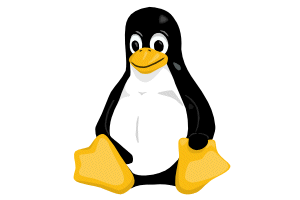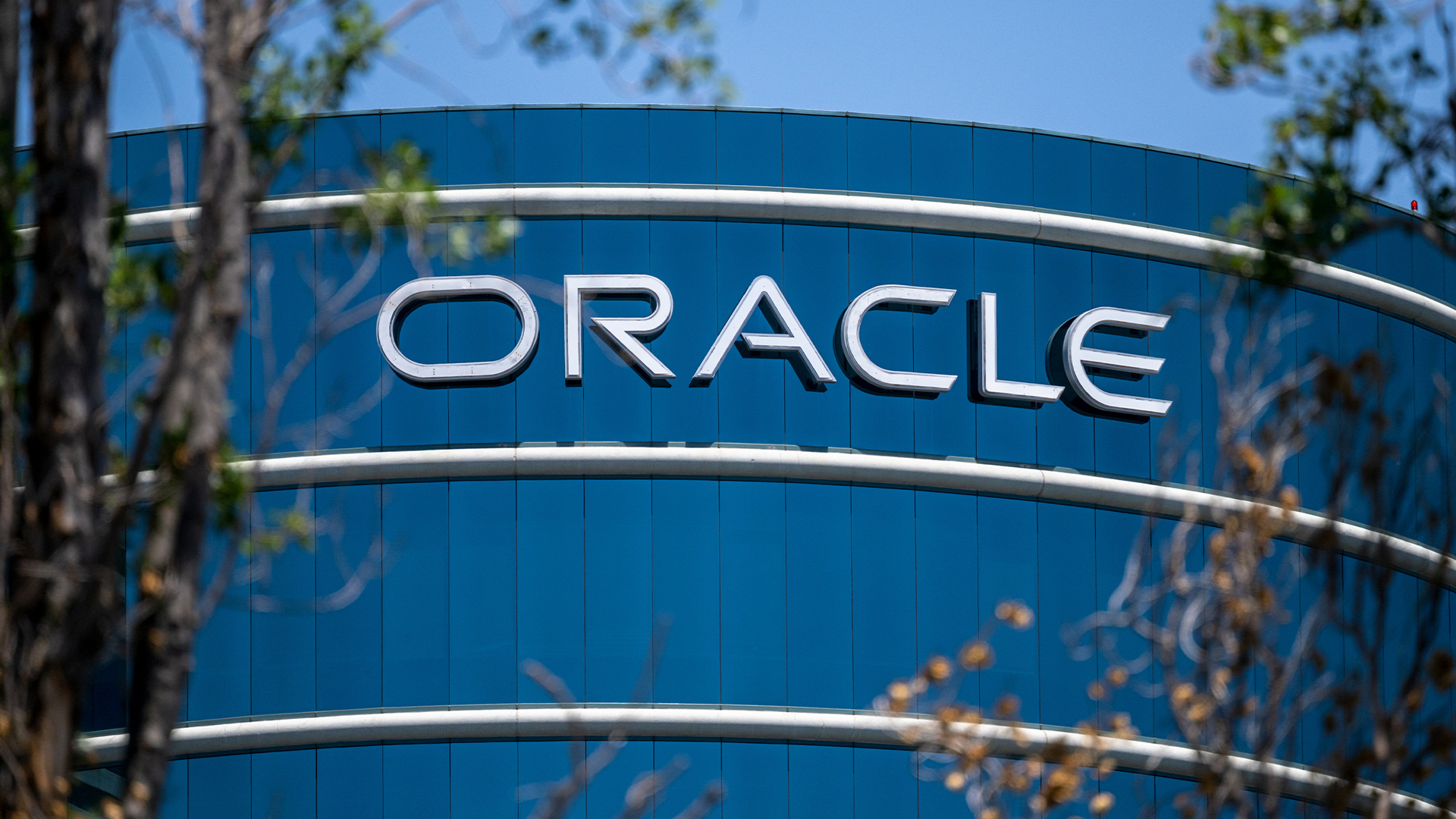Open source in the legal firing line
Litigation and open source are becoming increasingly common bedfellows, illustrated most recently by the SCO crisis and the Microsoft/Novel interoperability pact. Yet this is small fry compared to the rumblings surrounding the Linux movement right now with claims of patent infringement rife within the industry. IT PRO takes a look at what's going on and why the open source movement is facing so much legal scrutiny.

When SCO finally sought bankruptcy protection last month, it effectively brought to an end the latest attempts by a corporation to prove it had some form of monetary right to Linux code. SCO's contention that its code was incorporated into the Linux kernel was ultimately disproved in court, and it is paying the price as a result.
Yet this is small fry compared to the rumblings surrounding the Linux movement right now. Earlier this week, both Novell and Red Hat found themselves on the receiving end of litigation, as both were sued over allegations of Linux patent infringement.
The two organisations that have brought the case - IP Innovation and the Technology Licensing Corporation - argue that three patents dating back to the early 1990s have been infringed. The patents themselves cover, as reported by IT PRO earlier this week, a "user interface with multiple workspaces for sharing display system objects". The lawsuit targets Red Hat Linux, Novell SUSE Linux Enterprise Desktop and Novell SUSE Linux Enterprise Server.
Stand off
It's also the first major move in a stand-off that has ensued ever since Microsoft chief executive Steve Ballmer first made comments over Linux and patent infringement, a subject he's frequently returned to over the past years. Ballmer had really started to stoke the hornet's nest last year though when he stated his belief that Linux impinges on Microsoft-held patents, and while no legal action has followed from the Redmond giant to back up his words, many interpreted his comments as a veiled threat. It wasn't the first time that Ballmer had expressed such views: as far back as 2001, he called Linux "a cancer that attaches itself in an intellectual property sense to everything it touches".
Further fuel this time round though was added to the fire when Microsoft then inked its by-now infamous deals with Linux vendors such as Novell. One factor of such deals was an agreement that neither party would sue the other for patent infringement, and they were widely condemned within the open source community. Indeed, many vendors - such as Ubuntu and Red Hat - publicly stated that they would never sign such an agreement, and weren't shy about criticising those that had done. However, this was seen as the first step in Microsoft attempting to gain remuneration for what it believed to be people making use of its technology and innovations.
235 infringements?
Sign up today and you will receive a free copy of our Future Focus 2025 report - the leading guidance on AI, cybersecurity and other IT challenges as per 700+ senior executives
Considering one patent breach is often enough to cause the kind of financial penalties that would send many organisations grovelling to their financiers (and sometimes worse), this is clearly no small matter. Digging into the detail, the Linux kernel itself is alleged to be infringing 42 of Microsoft's patents, its GUI is accused of violating 65, while the Open Office suite another 45. Going back further, in 2004 Steve Ballmer referred to a report by the Open Source Risk Management Group which itself conceded that Linux could infringe 283 patents, of which 27 where Microsoft owned.
Yet, in spite of these comments and reports, Microsoft is yet to act. Many observers have noted that it would put the organisation in a position where it may end up suing its own customers should it choose to follow a legal path, given the number who run a mix of Linux and Microsoft products in their enterprises.
But there's a further key criticism that's been aimed at Microsoft's statements on the matter. And that's that, despite much pressing on the issue, there's an abundant lack of specifics to them. The fact that not one single patent infringement has been named - in spite of much asking - had, at least until this week, meant the open source movement's response to such talk was that of robust rebuttal. Many believed this was simply Microsoft scaremongering, with a longer-term focus on signing up those aforementioned licensing deals with vendors that effectively indemnify them from the glare of the Microsoft legal team. The spreading of fear and uncertainty was perhaps the best weapon Microsoft had, and it still could be. Fear of an action is, after all, often scarier than the action itself.
Still, some saw it as more than fear spreading. Many believed that the 235 patent allegations was a ratchetting up of Microsoft's legal strategy where Linux and open source is concerned. Given the frequency of high profile comments on the matter, many believe that sooner or later Microsoft will have to put its assertions to a legal test, else it runs the risk of sounding like it's making hollow threats. While some companies have understandably been happy to sign a deal rather than risk a lengthy legal process with a cash-rich competitor, many haven't been moved. They argue that if Microsoft wants its allegations to be taken seriously, it needs to put substance to them and soon. In short, it could be coming quite quickly to 'put up or shut up' time, Because one thing here is clear: many open source advocates are more than up for a fight on the patent issue, and it won't be lost on Microsoft that it has the most to lose out of a direct case.
It's perhaps understandable then that initial suspicions arose surrounding the case now being brought by IP Innovation and the Technology Licensing Corporation. Bluntly, there were suspicions that it had Microsoft's fingerprints on it somewhere. But Microsoft moved quickly to clearly rebuff such claims, denying that it had any involvement in the litigation whatsoever (this is, however, the same Microsoft that originally claimed no involvement in SCO's lawsuit mentioned earlier, but was found to have, through a labyrinthine process, to have given SCO $50m).
The bigger issue
This has been a raging argument for some time, and one that incites passionate arguments on either side. The pettiness of many registered patents, for instance, is one argument against, fuelling a cottage industry where companies are attempting to register questionable patents with the purpose of scaring off or suing their competitors. It's become de rigour for a large corporation to have an army of patents on the asset register (often running into the thousands and beyond), and the technology industry is strewn with examples of companies flexing their muscles to enforce them.
Some, meanwhile, argue that patenting computer algorithms gets in the way of invention, and that the current copyright laws do a sufficient enough job of protecting company's work. On the other side, many argue that patents protect innovation, and that without them it's hard to justify large research and development investment, only to see someone else benefit from the idea at the end of it all.
The assorted sides of that particular argument alone could fill hundreds of pages, but the lack of a definitive judgement on whether software can be patented at all is creating a void of uncertainty that still shows little sign of being resolved. In short, it's still not certain when it comes to the crunch whether open source can be penalised for alleged patent infringements, when the patents themselves haven't yet been legally tested.
A dangerous game
Further, and partly in response to the continued patent threats against open source software, many have begun donating patents to the Open Invention Network. Set up in late 2005, this is an organisation that then licences these patents for no royalties to developers. It does so on the understanding that those developers won't then use their own patents against others working on Linux or Linux-related projects. Names associated with the Open Invention Network include IBM, Google, Philips and Sony. In many ways, it goes against the philosophy of open source software development to indulge in patents at all. But the Open Invention Network is proving to be a prudent and sensible way to shield developers from the worry of patent infringement. Combined with resources such as The Linux Foundation's Patent Commons Project, the open source movement is clearly keen to protect programmers' freedom to work, without the constant worry of having to crosscheck thousands of existing patents as they do so.
Where next?
The problem though for open source, and one of the key reasons why the community is fighting the issue of software patenting altogether, is that it inevitably does impinge on company-held patents. Quite possibly thousands of them. After all, even the double click of a mouse is a patent now. It's far less certain that these patents were deliberately breached, but the growing popularity of open source software in enterprises has nonetheless seen closed-source corporations mobilising their legal teams to protect their revenues.
That's perhaps another key underlying factor here: that open source software has simply become too popular, and is proving to be a major threat for many in the software industry. And without one central body to target, it's proving hard for many closed source companies to fight back. Their argument - and business practice - all along has been that when any other organisation impinges on their patent, then they have the right to some form of recompense. Hundreds of millions of dollars a year exchange hands as a result, and the licensing of patented work is a lucrative business in itself.
Open source is, therefore, currently a magnet for legal teams, looking for a chink in the armour and a way to fight back against a movement that's now flowing into virtually all areas of software development. And that's why it all comes back to the one test case.
Whether it was intended to be or not, the case brought by IP Innovation and the Technology Licensing Corporation could now prove to be a catalyst one way or the other, a defining moment in the ongoing war of words, the legal ramifications of which are likely to be felt for a long time to come. Of course it may not make it to a court room in the end, but eventually this fight - even if the names of the plaintiffs differ next time round - will have to take place in a court of law.
Expect the war of words to continue until then. And expect the IP Innovation and the Technology Licensing Corporation case to be followed with keen interest right across the planet.
-
 Why Dell PowerEdge is the right fit for any data center need
Why Dell PowerEdge is the right fit for any data center needAs demand rises for RAG, HPC, and analytics, Dell PowerEdge servers provide the broadest, most powerful options for the enterprise
-
 Oracle's huge AI spending has some investors worried
Oracle's huge AI spending has some investors worriedNews Oracle says in quarterly results call that it will spend $15bn more than expected next quarter